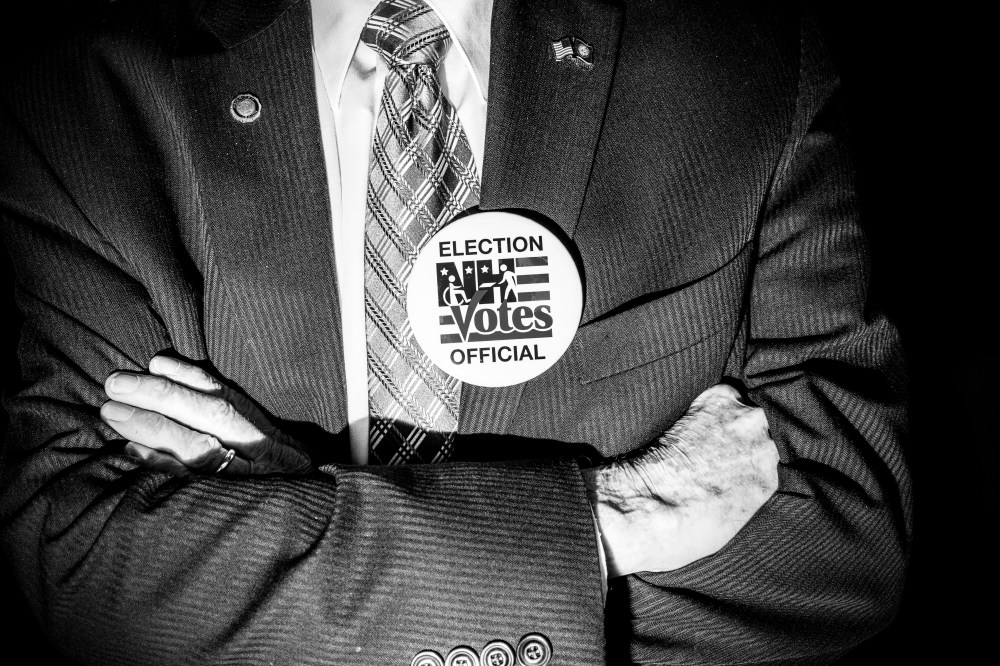The challenge to President Obama’s executive actions on immigration is arguably the biggest case brought before the Supreme Court this year. It stands to dramatically set the tone on whether the United States will embrace the millions of immigrants living here without documentation — or turn them away.
But despite its sweeping significance, there is a single thread that could potentially unravel almost any decision that is announced: The 2016 presidential election.
President Obama’s successor could easily erase the programs he enacted, known as DACA+ and DAPA, with a single swipe of the pen on day one in the Oval Office. Republican presidential candidates Donald Trump and Ted Cruz have promised to do just that. Democratic leaders Hillary Clinton and Bernie Sanders, for their part, have vowed to do just the opposite and even expand on the programs.
RELATED: There’s no real plan B if Obama’s immigration actions fail
The case is so critical that it’s inevitably bound to play a central role in the 2016 presidential election. The timing of the decision, expected by late June, lands smack in the middle of an already volatile election season that sets immigration up as a core issue facing the country. The stakes will be even higher if the Supreme Court sides with the Obama administration, and the executive actions are allowed to move forward.
And that underscores what’s so unique about this case. While the Supreme Court justices go through great lengths to keep politics out of the courtroom, this is a case that has been political at almost every turn.
In fact, in a somewhat rare move, stakeholders in this case will be able to appeal to the Supreme Court justices directly during oral arguments on Monday. A lawyer representing a women who would be impacted by the actions will have 10 minutes before the court to put a human face to the case. Counsel for the Republican-led House will also have 15 minutes to speak, arguing that Congress has never directly or implicitly given the president the authority to take sweeping action on immigration, which is typically a legislative issue.
Lawyers for the Obama administration will try to cast the case off on Monday as political gamesmanship, and one that could set a dangerous precedent if states are allowed to challenge every federal policy with which they disagree. Such a scheme would cause chaos in the courts, they argue, not to mention the fact that the legal footing to bring the lawsuit in the first place is on shaky ground.
Still timing is not on their side. Even in the best-case scenario for the administration — with justices allowing the immigration programs to move forward — the initiatives wouldn’t be implemented until the waning days of Obama’s presidency.
The initiatives were supposed to be a defining pillar of President Obama’s legacy on immigration. When Congress failed to pass comprehensive immigration reform, Obama unveiled DACA+ and DAPA to protect as many as 5 million undocumented immigrants from being deported and allow them temporary work authorization while they remained in the U.S.











